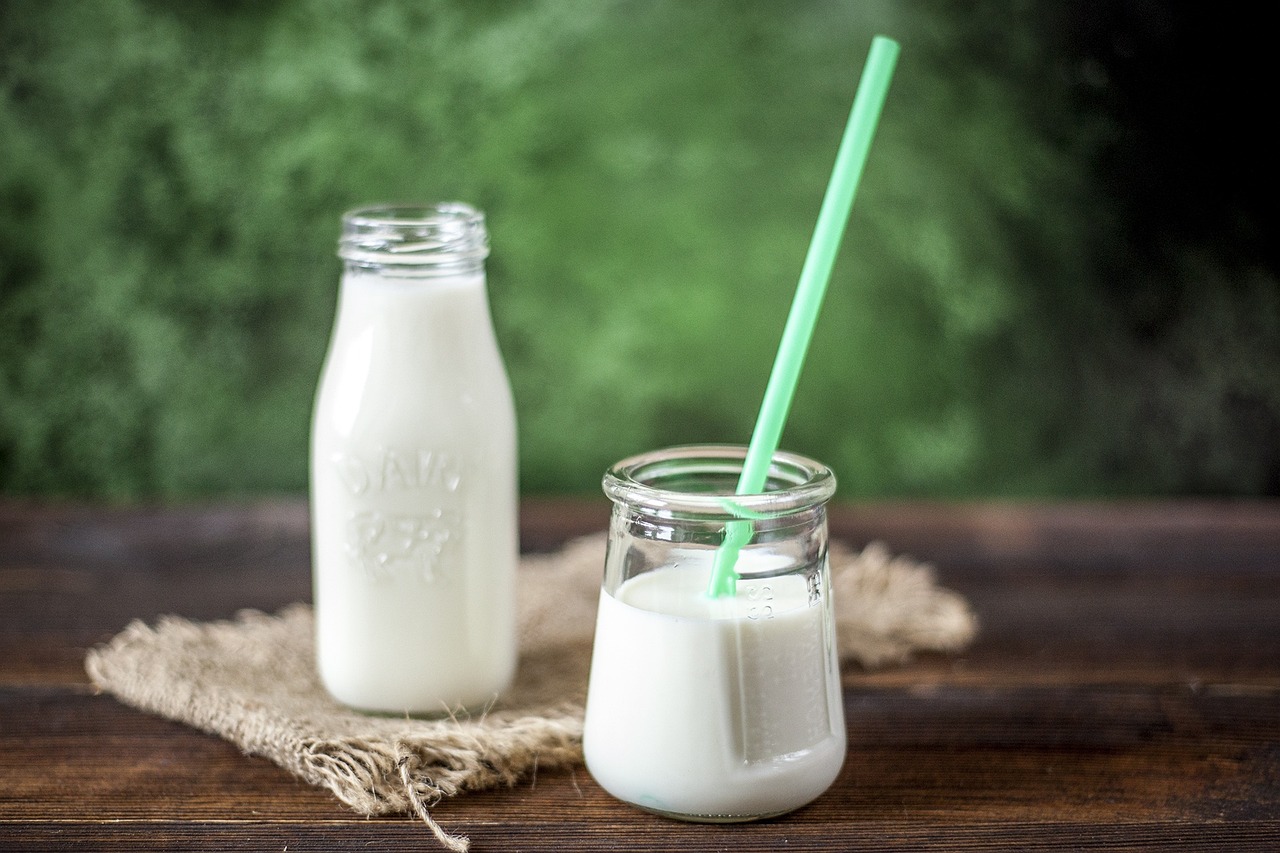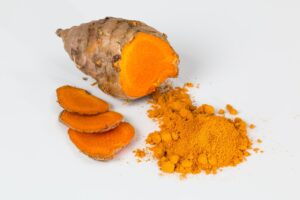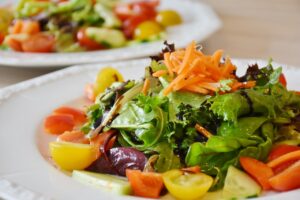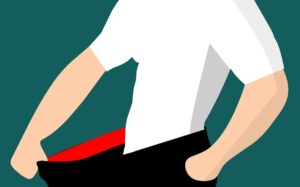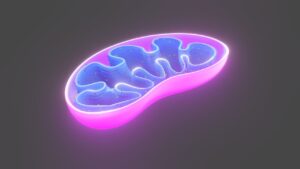So the jury is out! Scientific evidence shows that high fat dairy increases the risk of the return of breast cancer. Anyone who has had breast cancer will tell you how awful it is. Following a diet to avoid the return of breast cancer should be taken seriously. If you’re interested in learning more about dairy and the research studies associated with dairy, you can take a Certificate of Training course in Functional Nutrition through Advanced Dietitian.
Three reasons to avoid dairy if you have breast cancer.
Reason no 1: Hormones in milk trigger cancer cell division
Why to avoid dairy when you have breast cancer or have a history of breast cancer? Since there is a lot of research stating that the high hormonal content in whole dairy is correlated to initiating breast cancer, full fat dairy must be avoided. As a result, dietitians writing meal plans for their cancer patients, should be very sensitive to not put dairy in it. A meal plan should be created with the patient’s input and foods that are prone to containing high amounts of hormones should be completely avoided. Finding resources of healthy meal planning for your elderly family can be difficult. Healthier choices can be made easier when purchasing ready-made meals that are balanced with nutrition for the aging population.
Reason no 2: Fat content in milk carries hormones
The saturated fat content in whole milk contains the ability to carry fat-soluble hormones through the digestive tract and blood stream. In chemistry there is a saying “like dissolves like” . This basically means that when two substances are both lipid soluble, they will form a solution. When milk has saturated fat, it will contain fat-soluble hormones. Someone who currently has breast cancer, or have survived breast cancer, should not be consuming milk or other dairy, especially not a high fat variety, as the hormones it contains will activate cellular division. Saturated fat is known to activate oncogenes. The activation of oncogenes, the genes that cause cancer cells to divide, cancer that is currently growing will be stimulated.
Reason no 3: Research backed
Doctors who specialize in nutrition therapy, promote vegan diets as the kind of diet to help prevent cancer. Doctors such as Dr. Michael Greger, has created meal plans for breast cancer survivors. In his book called “How not to Die”, he talks about how dairy can increase the risk of breast cancer. Although the topic of dairy intake is controversial, there is definitely a correlation between high fat dairy and an increased risk of breast cancer. Breast cancer survivors who have started to consume high fat dairy after a single mastectomy, found that the breast cancer returned. Research also shows us that the growth rate of other hormonal cancers is increased when high fat dairy is consumed. For instance, hormonal cancers such as prostate cancer , is also promoted with the intake of high fat dairy. Study after study shows a clear correlation between a reduced intake of dairy and a reduced incidence of prostate cancer. Individuals who are affected by this type of hormonal cancer, find information and support on blog and podcast sites. Charitable.com has multiple podcasts on breast cancer for patients who need to receive guidance and also for clinicians to provide support.
But there is some controversy when it comes to dairy.
Research shows us that dairy intake is not all bad. Yes, surely, in the case of breast cancer, and prostate cancer, dairy should be avoided. However, there are studies showing that dairy intake can promote health and longevity. This might be shocking information because of the bad reputation that dairy has obtained in the last ten years. The dairy’s controversy expands on topics such as global warming and sustainability.
Dairy is good for preventing colon cancer in adults.
For instance, colon cancer case studies show that the calcium and vitamin D found in dairy intake in adults are two nutrients correlated to a reduced incidence of colon cancer.
High fat dairy can help prevent childhood obesity but not for adults
Due to the need for fat in the brain development of newborns and young children, high fat dairy is recommended. Studies showed no correlation between an increased intake of high fat dairy and childhood obesity. A particular study always referenced on this topic was the Milky Way study. The dairy controversy exists because the research studies are complex in the different findings they have across different populations. Adults do not respond to high fat dairy in the same manner as children. Whereas high fat dairy is safe for children, it is not recommended for adults as it increases the risk of weight gain.
So what is the conclusion?
The conclusion is that the topic of dairy intake is controversial. In order to know whether it is safe to eat dairy, the advise should be generated by a nutrition professional. If you are a Registered Dietitian and want to complete CEUs on this topic, you can complete a Certificate of Training in Functional Nutrition. In summary, research studies on dairy cover a wide range of different target groups, including hormonal cancers (breast and prostate), non-hormonal cancer (colon), age (adult vs pediatric). Those individuals with breast cancer currently, or a history of breast cancer, should avoid dairy, especially the high fat kind. Because breast cancer is one kind of hormonal cancer, it is activated by hormones found in high fat dairy. Research shows that dairy is associated with breast cancer as well as other hormonal cancers, like prostate. As a result, dairy should be avoided in meal plans when dealing with this medical concern. High fat dairy is beneficial for children. And for adults, not so much!


